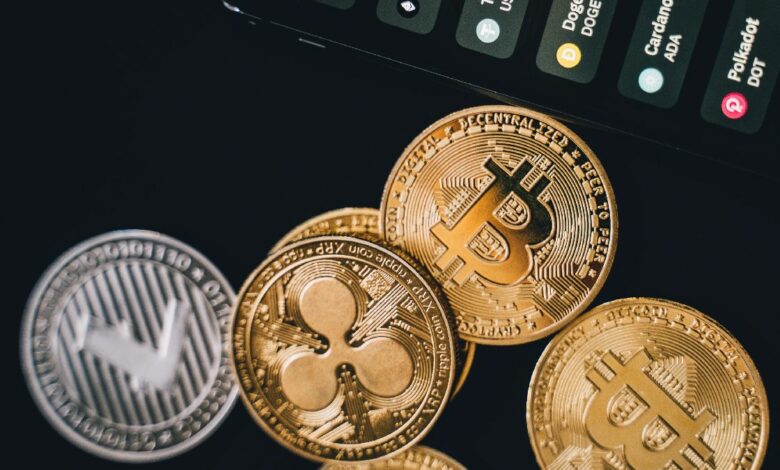What Roles Do Liquidity Pools Play in DeFi: Explained

The decentralized finance (DeFi) industry aims to remove intermediaries such as central banks and brokers from financial transactions, with a focus on crypto-based services. In this article, we’ll explore liquidity pools, often described as the driving force behind the smooth functioning of DeFi protocols. Liquidity pools allow users to quickly convert assets into cash, speeding up transaction processes and ensuring the seamless operation of these crypto-powered systems.
How are liquidity pools formed?
Liquidity pools are like reservoirs of cryptocurrencies locked in blockchain-based smart contracts. Anyone can become a “liquidity provider” for a DeFi protocol by depositing their crypto tokens into these smart contracts, pooling their assets with those of other participants. Each LP must deposit token pairs in equal values, and in return LPs are rewarded with LP tokens or LP NFTs.
Investors using a DeFi protocol can directly exchange their tokens for fiat currencies or other cryptocurrencies through the liquidity pool associated with the protocol.
Decentralized exchanges (DEXs) rely on liquidity pools to maintain the stability of their operations.
Liquidity Pool Use Cases and Benefits
As mentioned earlier, liquidity pools incentivize savers with tradable LP tokens or NFTs.
In a recently published blogBinance noted that liquidity pools allow investors using DEXs to trade their tokens 24 hours a day. This contrasts with the operation of centralized exchanges, where the availability of buyers and sellers can limit the number of trades.
Crypto assets are volatile in nature and since DeFi protocols are all about crypto transactions, they can be more susceptible to the effects of market fluctuations. Since liquidity pools maintain large pools of tokens, they keep the volatility of DeFi protocols in check. In a broader perspective, this prevents DeFi protocols from experiencing extreme market instability.
Risks associated with liquidity pools
Financial services industries that revolve around virtual digital assets (VDAs), such as crypto tokens and NFTs, are continuously exposed to risks due to regulatory changes and macroeconomic factors.
Investors in liquidity pools can suffer financial losses if the tokens they have locked up in smart contracts experience a sharp drop in value. Without locking up, investors would have the flexibility to sell their tokens before they incur significant losses.
According to a blockchain audit firm ImmuneBytesVulnerabilities in smart contracts, such as programming errors and cyber attacks, can lead to the loss of tokens for savers.
Liquidity pools are also susceptible to flash loan attacks, where attackers temporarily borrow large sums of assets to manipulate transactions, disrupting the protocols.
Market analysts advise investors to only participate in liquidity pools through reputable platforms. Decentralized exchanges such as SushiSwap, Curve, Balancer, Uniswap, and PancakeSwap allow users to link their wallets, select a few tokens, and contribute to the liquidity pool.




